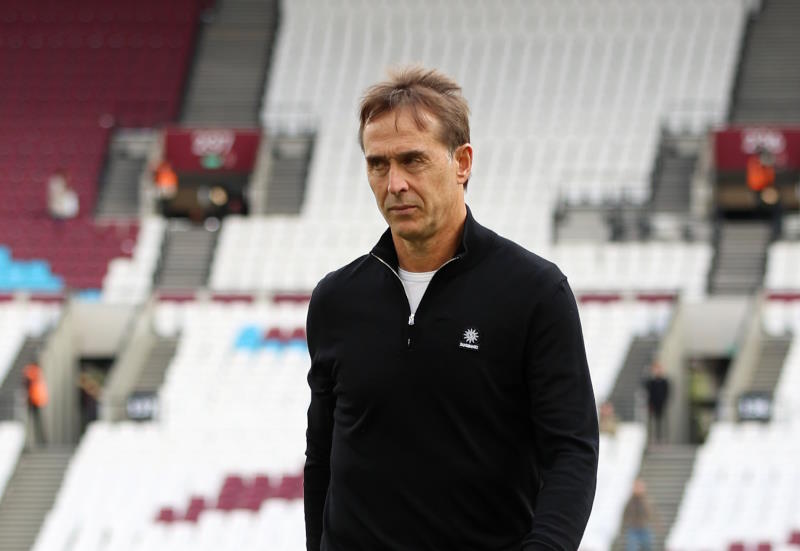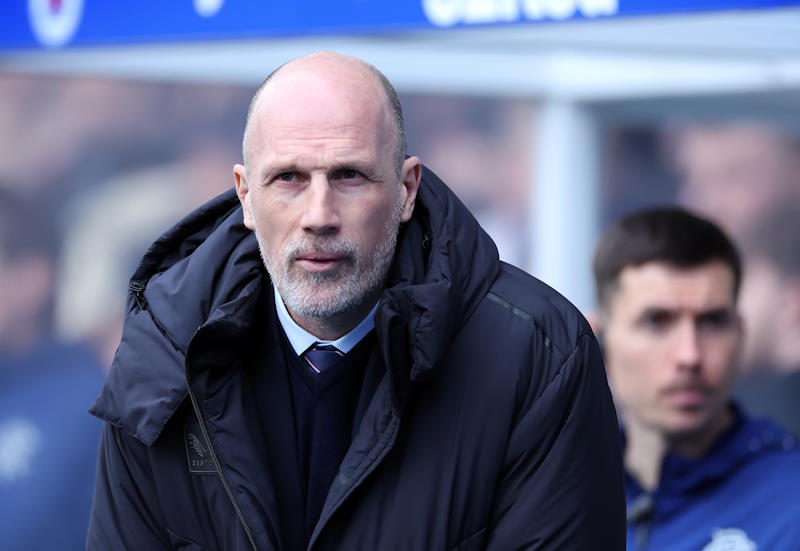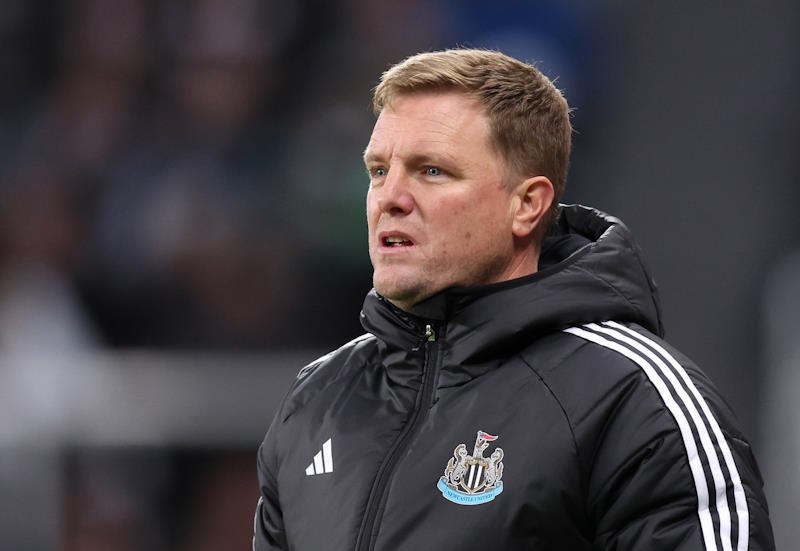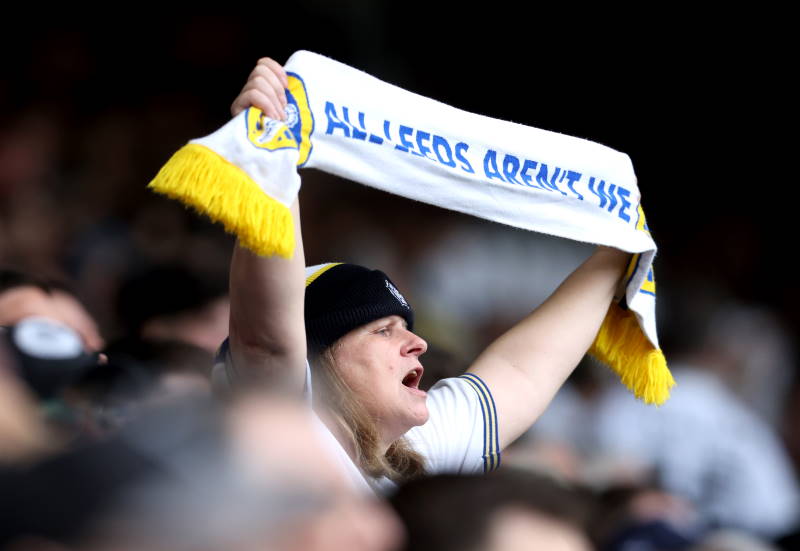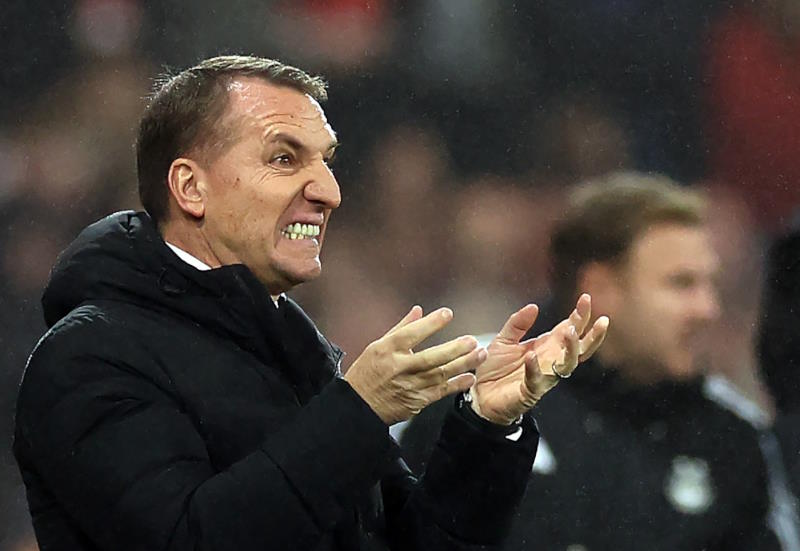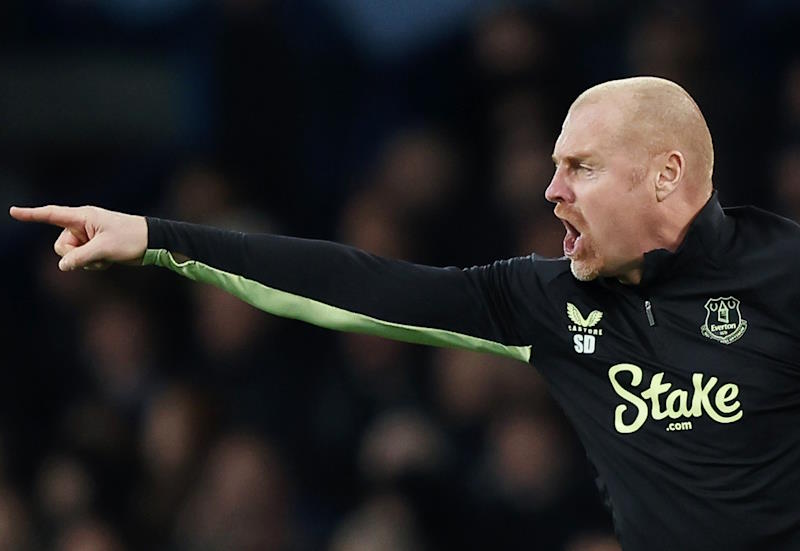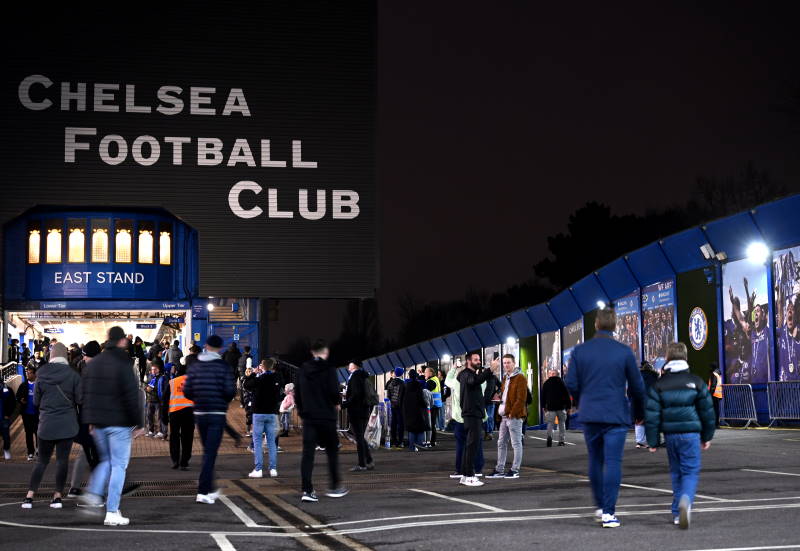
All roads lead to Hamburg as a host of European clubs aim to be crowned the first ever UEFA Europa League winners on Wednesday 12th May at the HSH Nordbank Arena. The inception of the Europa League is UEFA’s attempt to develop a secondary competition that can adequately compliment the Champions League in terms of meaning and brand image. However, despite UEFA’s best intentions, the Europa League has had a controversial start to its young life with peculiar kick-off times and the introduction of additional referees at each end of the pitch attracting ridicule from some quarters.
Some big European names such as Liverpool and Juventus enter the Europa League’s knock-out phase after exiting the Champions League at the group stage, with the aforementioned Liverpool being touted as tournament favourites. The Reds face Unirea Urziceni as they look to book passage to the final 16, but it remains to be seen whether or not Rafael Benitez will take the competition seriously; the Spanish tactician’s primary concern is to ensure Liverpool finish in the Premier League’s top four.
Fellow heavyweights Juventus are in a period of transition and they face another club looking back on past glories; Ajax. The Europa League represents a realistic opportunity for either club to win some silverware and placate understandably frustrated supporters. Italy’s other Europa League contenders are current Serie A high flyers Roma who are up against Greek giants Panathinaikos.
The last ever UEFA Cup winners Shakhtar Donetsk have a difficult tie with Premier League outfit Fulham, but with the second leg being played in Donetsk the Ukranians will be confident of going through. The other English challenger is Everton who face Sporting Lisbon. Everton have already come up against Portuguese opposition in this season’s Europa League and it was a game they would rather forget as they lost 5-0 to Benfica. On this occasion the Toffees are in excellent form and enter the fixture with Sporting on the back of a superb Premier League win against Chelsea.
SV Hamburger, like Real Madrid in the Champions League, have the incentive of the final being played at their home ground but will need to negotiate the hurdle of PSV Eindhoven to progress to the next stage of the competition. Hertha Berlin, Wolfsburg and Werder Bremen are the other German clubs still in the tournament. Hertha are rock bottom of the Bundesliga and their Europa League game against Benfica will come as a welcome distraction to their domestic strife, while Werder Bremen, struggling in recent weeks, take on Steve McClaren’s FC Twente and Wolfsburg, another side who enter the competition as Champions League ‘losers’, face Spanish outfit Villarreal.
Flying the Spanish flag along with Villarreal are Valencia, Atletico Madrid and Athletic Bilbao. Valencia currently lie third in La Liga and are strong contenders for the Europa League crown. Their opponents at this stage, Club Brugge, should prove beatable competition. Atletico Madrid are another team who have struggled domestically so Europe represents an excellent opportunity for Quique Flores’s side to win some silverware, and they will ex-Barcelona coach Frank Rijkaard’s Galatasaray. The final Spanish challenger, Athletic Bilbao, have done well in La Liga this season with a home victory against Real Madrid the highlight of their league campaign, they come up against Anderlecht in the last 32.
Elsewhere Le Championnat giants Marseille play FC Copenhagen and their compatriots Lille take on Turkish giants Fenerbache. Rubin Kazan, who competed admirably in a Champions League group containing Barcelona and Inter Milan face Hapoel Tel Aviv, while Standard Liege take on Red Bull Salzburg.
The UEFA Cup never had the predictability of the Champions League in its later years, and as Shakhtar Donetsk demonstrated last season, a club doesn’t need to be based in one of Europe’s top leagues to win it. The Europa League looks set to continue that unpredictable trend, primarily because it’s difficult to tell which managers will actively try to win it and which managers will prioritise and utilise their playing resources accordingly. The employment of under strength teams was an unfortunate feature of the UEFA Cup and looks set to continue. As a result the competition is wide open and predicting who will compete in the final in Hamburg is extremely difficult at this stage.
Related Articles:
- – Champions League: Round of 16 Match Previews Part One
- – Shakhtar Coach Lucescu’s Brazilian Obsession
- – Lotito Hopes for Answer to Lazio Crisis

